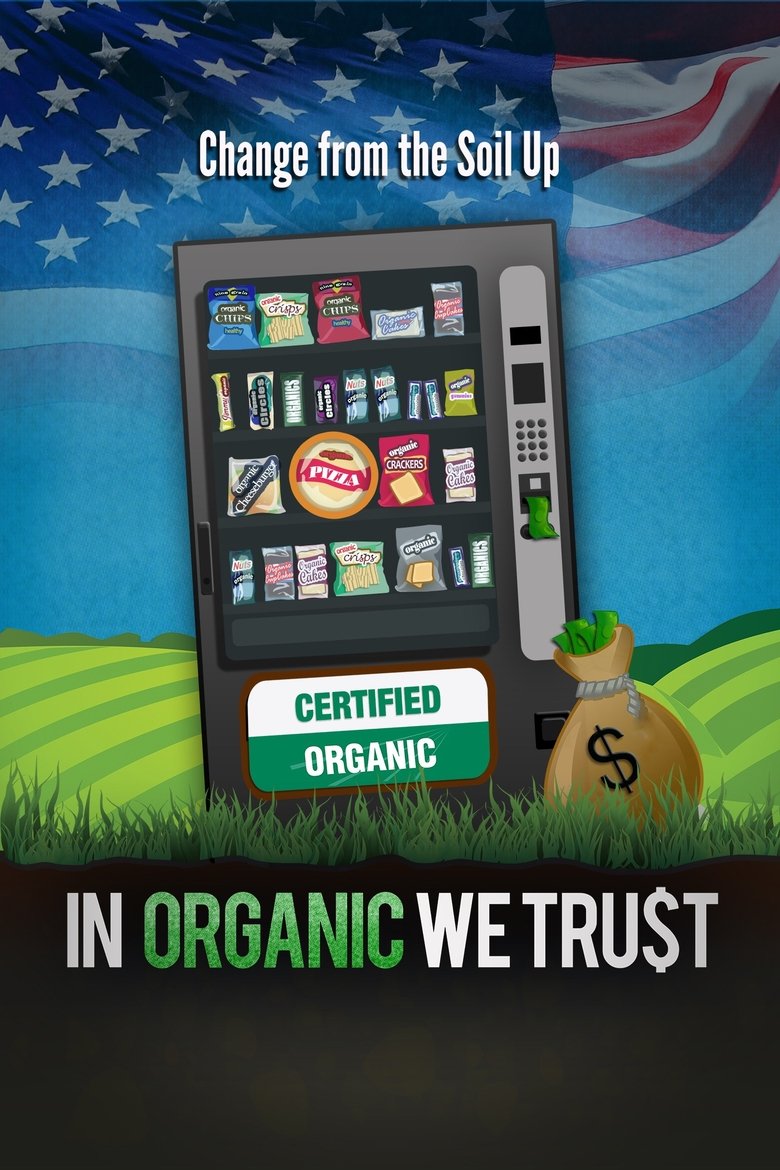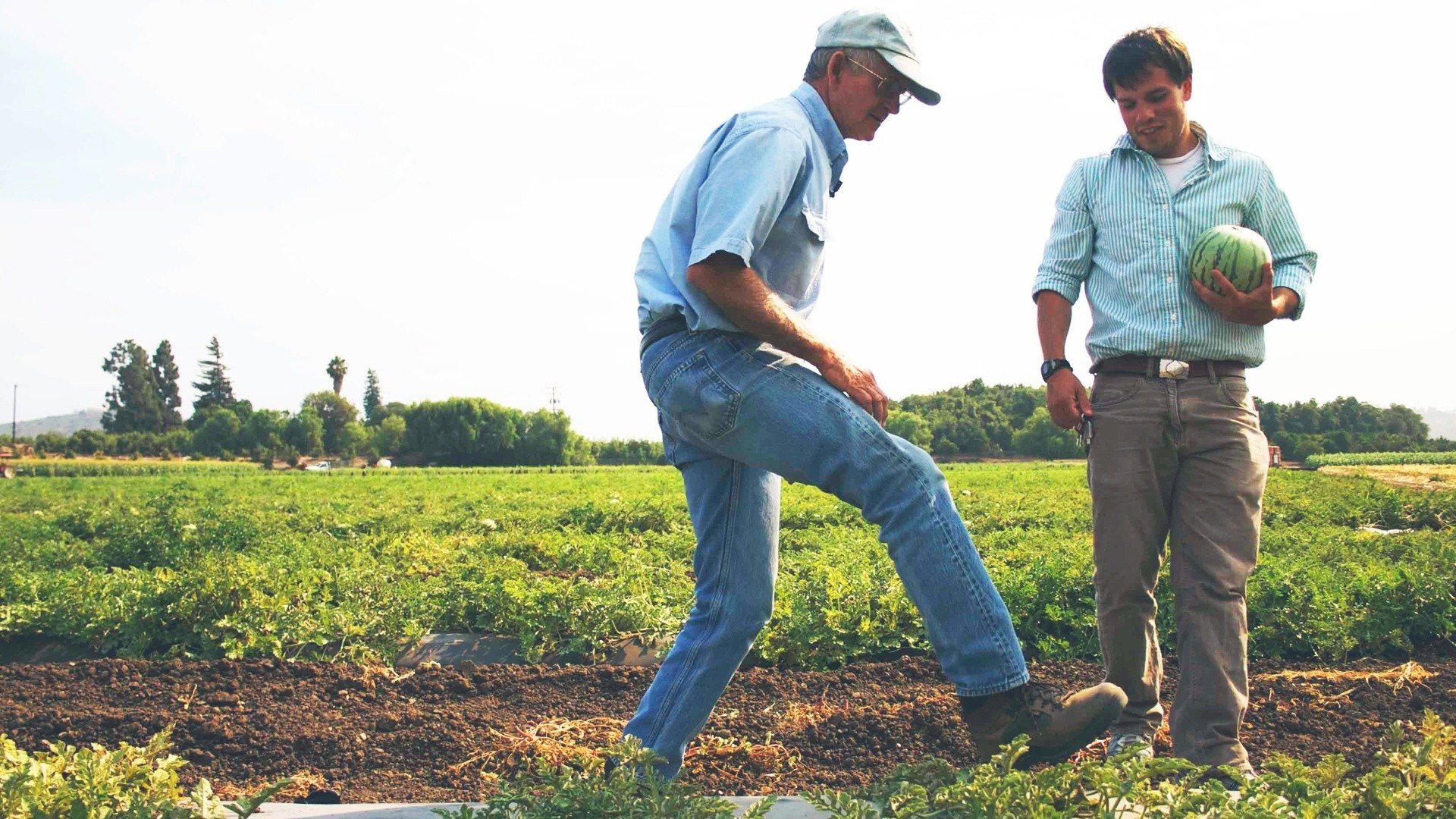Easily one of the worst documentaries I have ever seen.
A good documentary plunges deeply into it's topic to arrive at a well supported conclusion. In Organic We Trust is a rambling disorganized fiasco. It makes no effort to prove any of the assertions it makes. Instead, it drifts aimlessly from opinion of opinion. The scientist should explain why pesticides are harmful to children, not the farmhand. If growing organically is good for the soil, describe how. If pesticides are bad for us, describe how they harm us. If corporations are consolidating the farm industry, describe some examples and then give us personal stories of how local farmers have been harmed.
The people on the street, the experts, and Kip Pastor all are unclear on the benefits of organic foods. Terms such as "nutrient rich" and "good for the environment" and "safer". In fact, no supporting evidence is made to confirm any of these assertions. Do organic foods have a higher concentration of nutrients, vitamins, and minerals? This would have been an excellent time for a slick animated graph. Do organic foods preserve the soil. Another opportunity for evidence. Perhaps Kip Pastor just expects us to accept the experts opinions because of their titles and offices? Or perhaps it was just Kip's intellectual laziness.
Watching Kip's vacant eyes stare blankly over the fields of organic barley, made me ponder how much organic celery would sufficiently raise his IQ to make a decent documentary.

